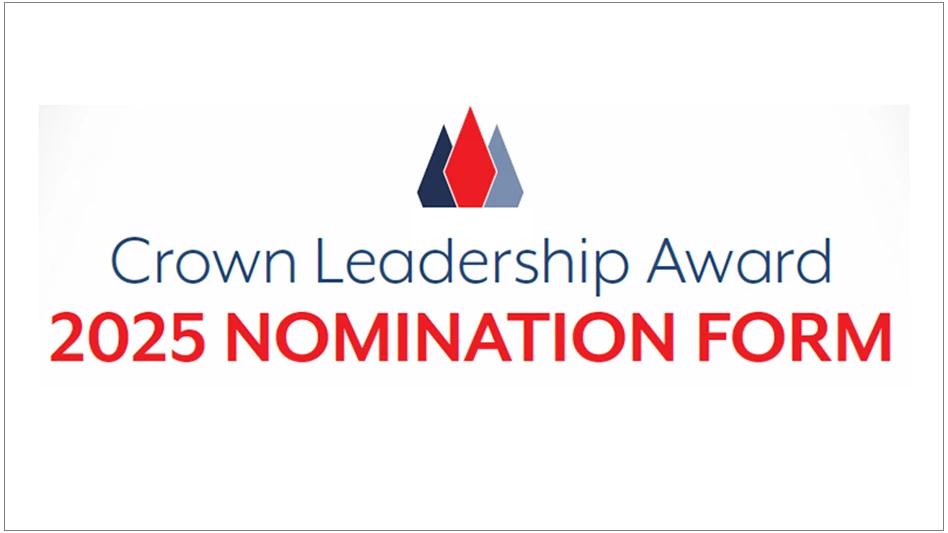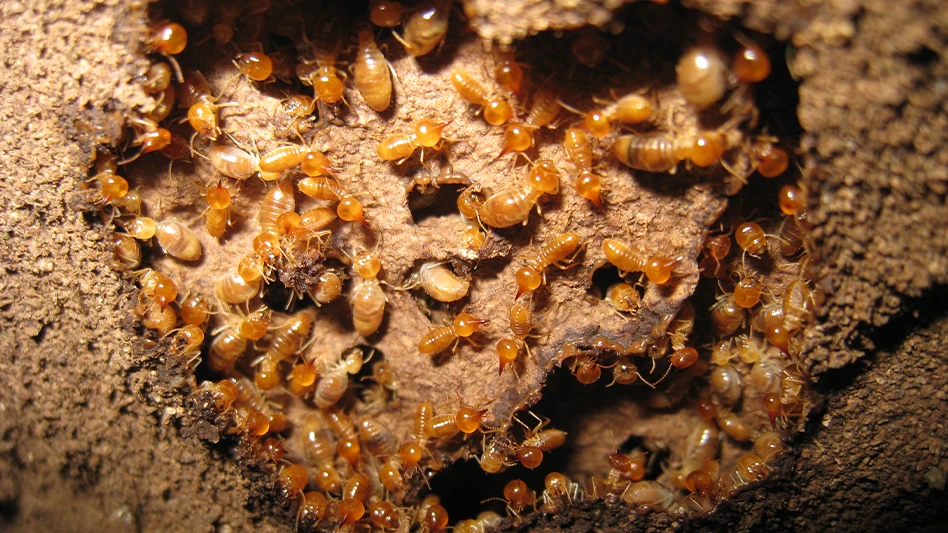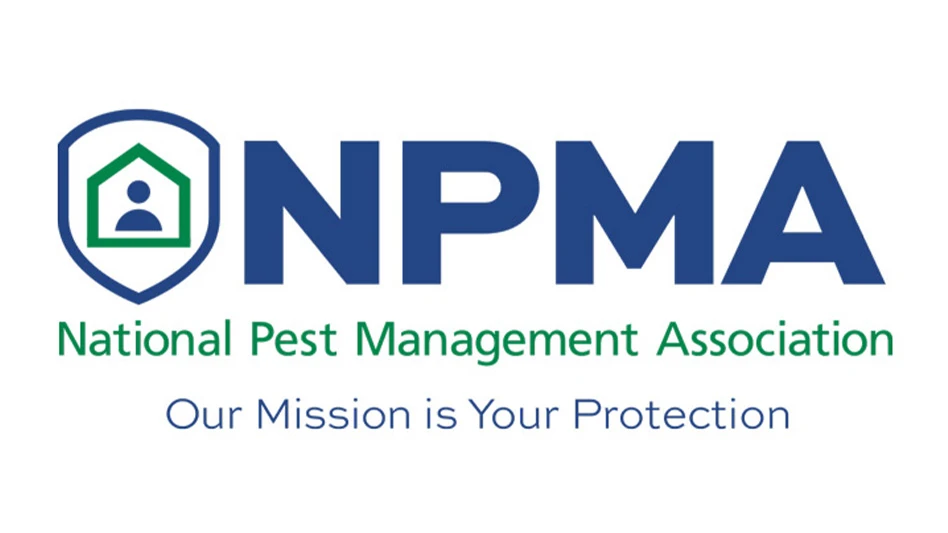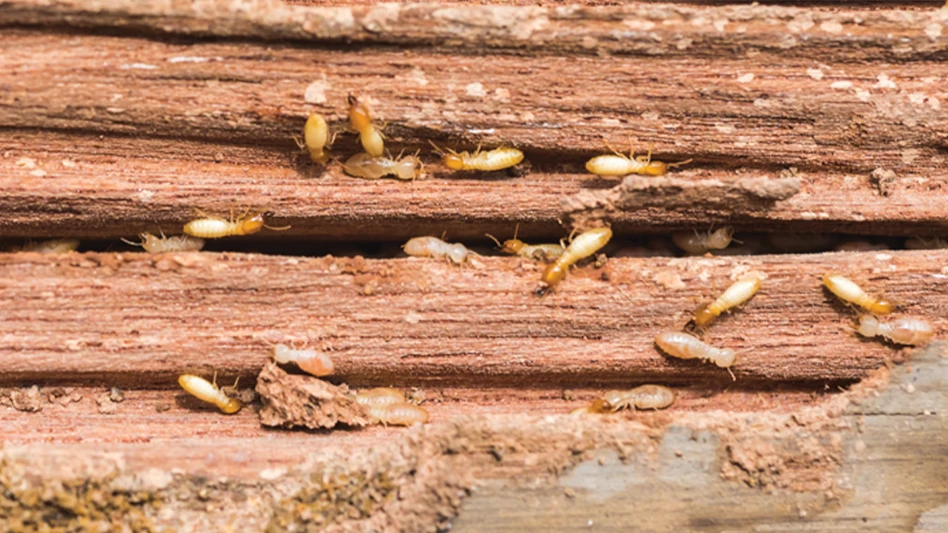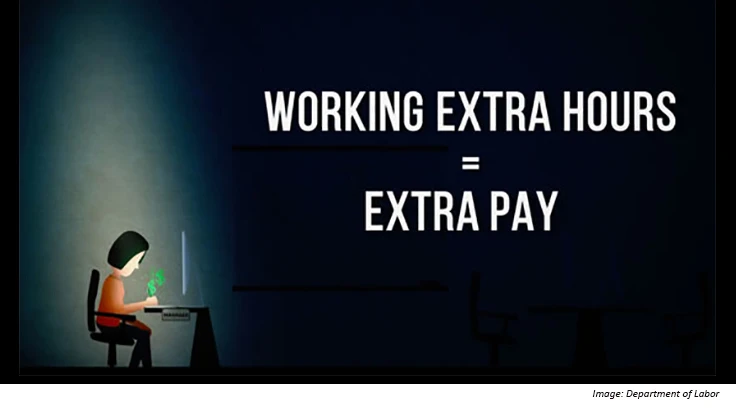
The Obama administration on Tuesday unveiled the final version of a long-awaited and controversial rule to extend overtime pay to 4.2 million U.S. workers, which marks one of the administration's most significant moves to address stagnant wages.
The rule doubles the maximum annual income a salaried worker can earn and still be automatically eligible for overtime pay from $23,660 to $47,476 yearly, which means any employee making less is eligible for overtime. There are some exemptions for outside sales employees which derive a majority of their income from commission, known as the 7(i) exemption.
In a release, the National Pest Management Association stated that it was important for PCOs to note that if they had previously been paying overtime to specific employees this final rule should not impact those individuals, however, it may impact other employees who were previously exempt with a much lower salary threshold.
NPMA also noted that since DOL published the proposed rule in July 2015, the association has been very engaged on this issue. NPMA submitted comments in September detailing its concerns with the proposed rule. NPMA is also working with the Partnership to Protect Workplace Opportunity (PPWO) to change the rule. PPWO is a broad coalition of national industries, leading efforts to lobby Congress and DOL. The coalition is continuing to push federal legislation in the Senate and House, the Protecting Workplace Advancement and Opportunity Act. (S. 2707/H.R. 4773). This bill would block the regulation from taking effect by withholding funds to implement the rule. Additionally, the PPWO is meeting later this week to discuss other avenues to lower the threshold, while Congressional Republicans are exploring opportunities to use the Congressional review act to block implementation of the final rule.
The final rule goes into effect December 1, 2016. Prior to December, NPMA will continue to advocate to lower the threshold.
------------------------------------------------------
Latest from Pest Control Technology
- Dallas-Ft. Worth Tops Terminix's Pest Cities for U.S. Businesses List
- AI Insect Identification Explained
- Nominations Open for NPMA’s 2025 Impact Awards for Women in Pest Management
- Pest Index Increased 9 Percent YOY in November
- Pete Schopen on Centering AI, Technology as 89th Purdue Pest Management Theme
- East Tennessee Pest Control Association Hosts 2025 Smoky Mountain Conference
- Bronx Zoo Welcomes Back 'Name a Roach' Valentine's Tradition
- Working with Contractors to Keep Construction Sites Pest-free
